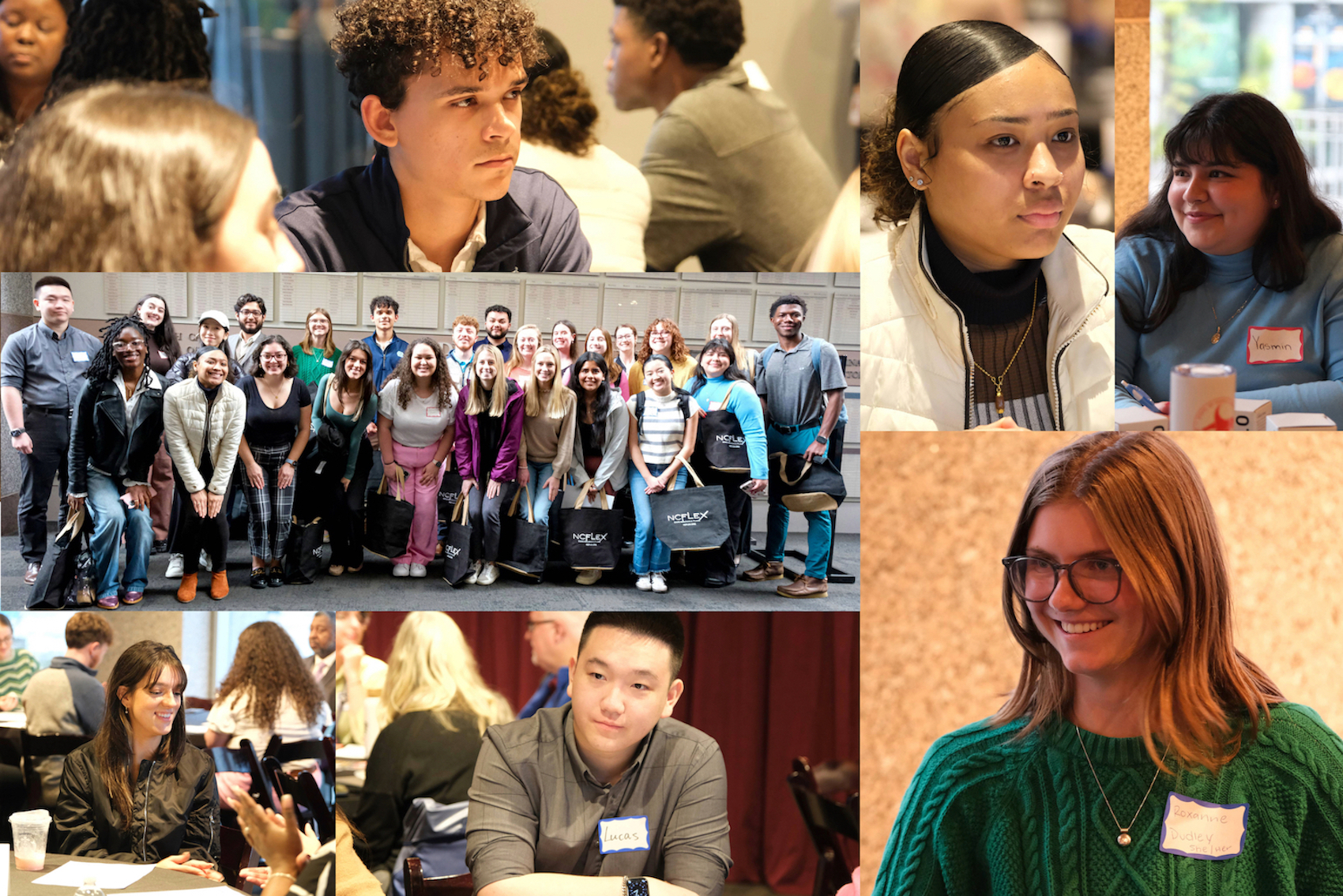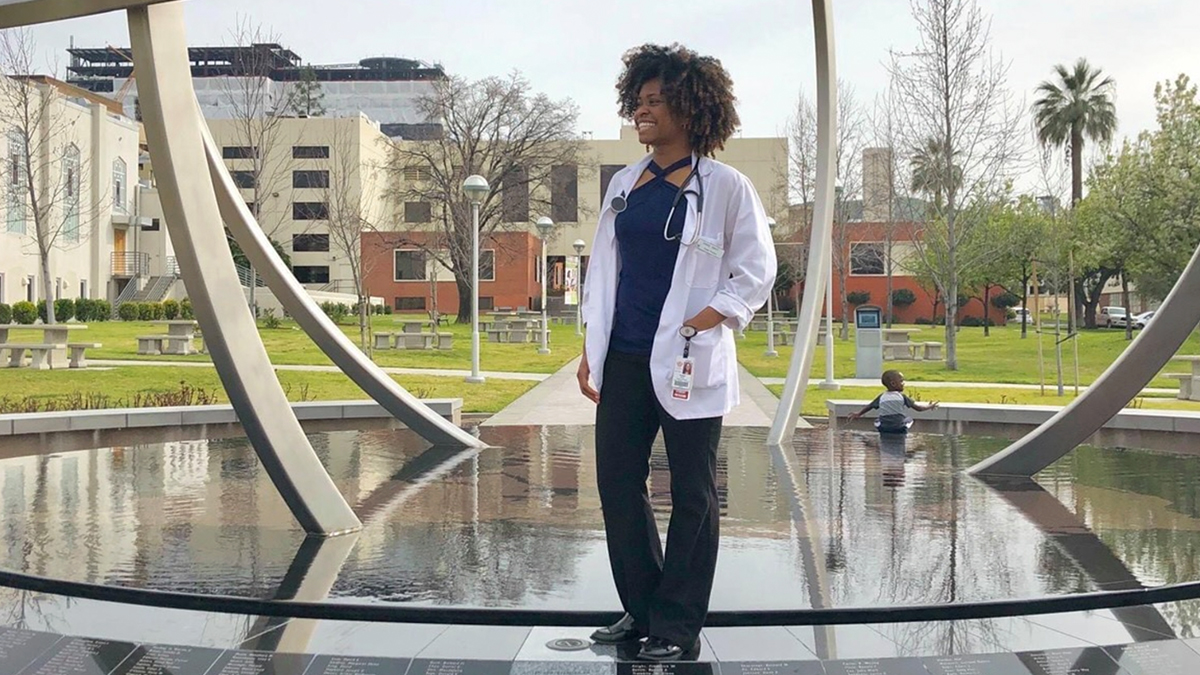Developing the doctor and the person
Jenny Shen was able to take courses that engaged elements of the humanities, worked with faculty who explored health and health care from humanities and social sciences angles, and discovered opportunities to work with Iris, the School of Medicine’s literary magazine.
Four years ago, as Jenny Shen assembled her medical school application, she worried she would have to abandon her interests in literature and creative writing; her dedication to the humanities, she thought, couldn’t possibly coexist alongside medical education’s rigors.
“When you come to medicine from a humanities background, it’s difficult to see how the two can be complementary,” Shen said.
To her surprise, upon beginning the next phase of her education, she found at UNC-Chapel Hill an environment supportive of incorporating alternate perspectives of medicine. She was able to take courses that engaged elements of the humanities, worked with faculty who explored health and health care from humanities and social sciences angles, and discovered opportunities to work with Iris, the School of Medicine’s literary magazine.
Those experiences informed her clinical experiences by enhancing her listening and observational skills and differentiating between the standard medical questions and more idiosyncratic questions that explore a patient’s individual concerns. With time, these experiences also helped her better analyze clinical encounters and provided the tools she needed to navigate the early challenges of medical school.
“In retrospect,” said Shen, who plans to specialize in psychiatry, “I wasn’t making a choice of one over the other. I discovered that medicine and the humanities inform each other.”
Next year, the UNC School of Medicine’s long tradition of providing medical students access to the humanities and social sciences will expand as the Graduate School and faculty from across the university launch Literature, Medicine, and Culture, a new interdisciplinary master’s degree track that brings together medical students and graduate students to examine dimensions of medicine outside of the biomedical. Terrence Holt, assistant professor of social medicine and geriatric medicine, will serve as director of the curriculum. Holt believes that formalized education in this area comes at just the right time for UNC medical students.
“We, as providers, find ourselves at a critical point in medicine,” said Holt, who received his Ph.D. in English and his MFA in creative writing from Cornell. “In a lot of ways, our knowledge of best practice is coming up against the limits of what strictly quantitative knowledge can teach us. We have a changing health care system and an ever more diverse population of patients. We need to develop new ways of thinking about medicine that allow us to better understand what care means to today’s patients.”
To keep reading this story, visit UNC Health Care.




